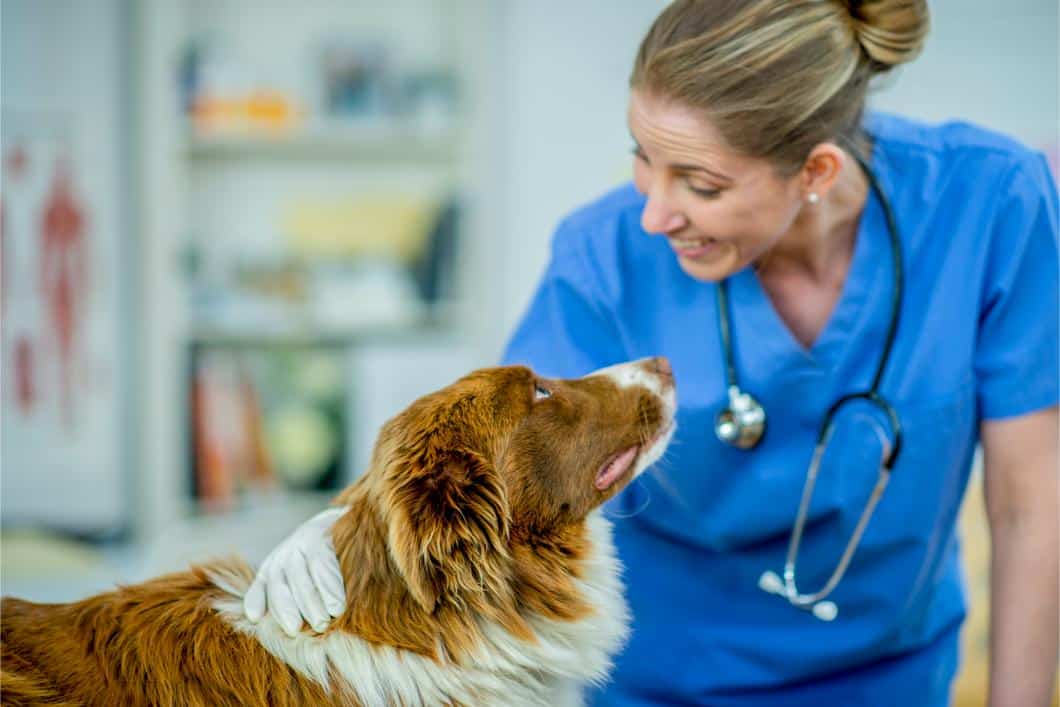Common Soft Tissue Surgeries in Pets

There are many different types of veterinary surgeries. In contrast with orthopedic procedures (which concern the bones, joints, and ligaments), soft tissue surgeries involve the abdomen, reproductive tract, skin, and anything else not associated with the musculoskeletal system. Soft tissue surgeries can benefit pets for a variety of reasons, and if a pet ever needs our surgical expertise, we’re always here to help.
The Spay and Neuter Surgery
Soft tissue surgeries are intended to remedy problems associated with parts of the body that lack bones, joints, and ligaments, but they also do not treat issues related to the neurologic system.
Possibly the most common soft tissue surgery is the surgical removal of the reproductive organs. It is a straightforward procedure, but we take extra care in tending to the needs of every unique pet.
Lumps and Bumps
The surgical removal of masses on or just beneath the skin can positively impact a pet’s quality of life, especially if their movement is restricted. Once a lump is surgically removed, we test it to determine whether it is harmful to pet health or not, which can lead to quick diagnosis for a variety of health issues.
Foreign Body Removal
Unfortunately, foreign body removal is a common occurrence—especially in dogs. Due to their chewing instinct, dogs can wind up swallowing potentially dangerous items like socks, corn cobs, toys, bones, or hair ties. If your dog eats something he or she cannot digest, they might need soft tissue surgery to remove it.
Other Soft Tissue Surgeries
In addition to spay/neuter surgeries, mass removal, and foreign body removal, common soft tissue surgeries focus on the following:
- Eyes
- Abdomen (including the bladder, kidneys, spleen, and liver)
- Intestines
- Mouth and gums
- Wounds and skin
- Airways
- Infections
How to Prepare
Some soft tissue surgeries are required due to emergency accidents, illnesses, or injuries. In these cases, we have to move quickly to ensure a good outcome.
If your pet is getting a scheduled soft tissue surgery, preparation can help encourage the most positive outcome:
- Because anesthesia is required, pets must not eat anything after 8 pm the night before their procedure. Water is okay to drink.
- Since they cannot get wet post-surgery, it is important to clean and bathe your pet before surgery beforehand so they remain as clean as possible.
- We will perform pre-anesthesia blood work to ensure they are healthy enough to undergo surgery. Throughout the procedure, we will closely monitor their vital signs.
Recovery Period
Post-surgical care can be challenging for pets and people alike. We are here to support your pet’s needs during their recovery to ensure they are pain-free, safe and comfortable.
If you have any questions about soft tissue surgeries, please reach out to our team at (616) 457-9200.
